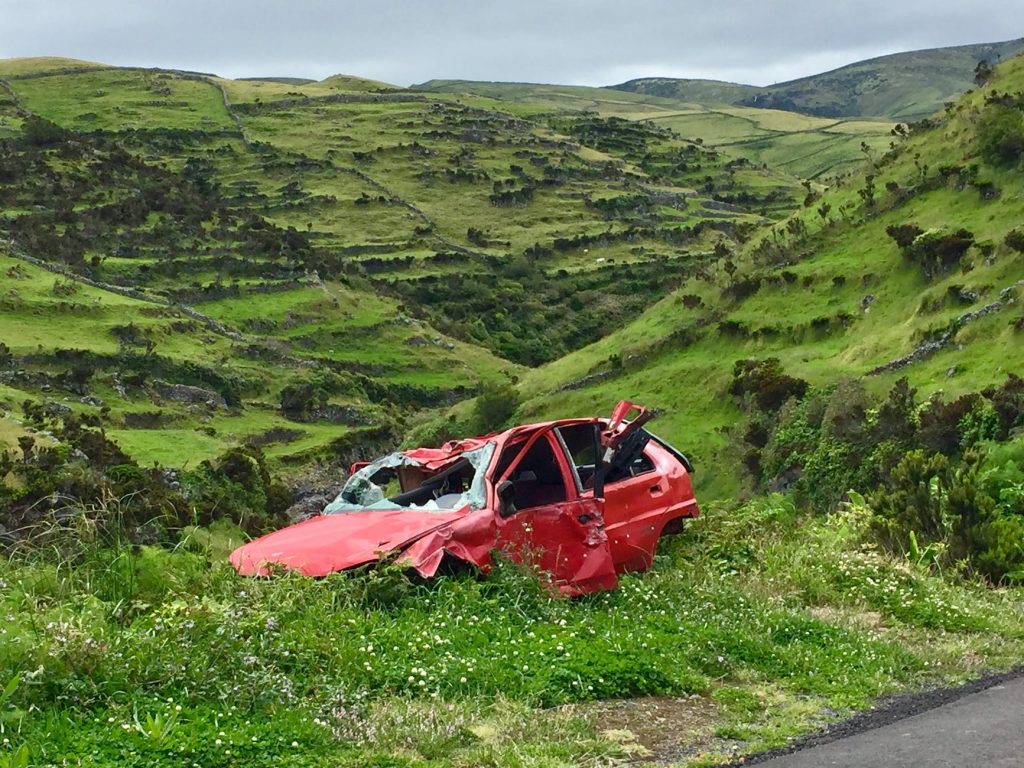Fast forward for safer roads
2 minute read | May 2, 2017
Brake believe the UK should switch to Single/Double Summer Time (SDST) to ensure lighter evenings and better visibility on the roads. The proposal, submitted to the
Government for consideration, features many benefits for road users which include:
- Easier to see hazards such as cyclists, pedestrians, and other vehicles which minimises the risk of causing death and injury
- Easier to see hazards such as potholes which minimises the risk of damaging vehicle suspension, wheels and tyres
- Makes motoring easier, more relaxing and more enjoyable
Single/Double Summer Time explained
Brake’s proposal requires the clocks to move forward an hour relative to current positions. Greenwich Mean Time (GMT) – as currently used in the winter – would be replaced by Greenwich Mean Time + 1 (GMT+1). For the summer, in contrast, clocks would be Greenwich Mean Time +2 (GMT+2) rather than Greenwich Mean Time + 1. Make sense? No. me neither, but apparently, it’s something we trialled and abandoned over 40 years ago…
Brake and The Royal Society for the Prevention of Accidents (RoSPA) released statistics that accompanied the proposals, in an effort to strengthen their case:
- In 1998, The Transport Research Laboratory said that such a change would prevent 80 deaths, and 212 serious injuries, per annum
- In 1970, a Home Office report confirmed that adopting Single/Double Summer Time for a trail period between 1968 and 1971 prevented 2,500 deaths and serious injuries per annum
- In 2009, The National Audit Office said that between 2000 and 2007 the number of pedestrians killed, or injured, rose in the 4 weeks after the clocks went back compared to the 4 weeks prior
In 2009, research conducted by the University of Cambridge claimed a change to SDST would cut carbon emissions by 447,000 tonnes per-annum and dramatically reduce the consumption of electricity.
Brake also suggested that lighter evenings would encourage more people to walk or cycle, promoting healthier lifestyles and probably putting them out of business.
Devil’s advocate
Extending the British Summer Time into winter was tested between 1968 and 1971, but ultimately abandoned, in no small part due to Scottish farmers who experienced shorter daytime in Winter.
As Scotland now has its own regional parliament it is likely that they could vote to remain as they are, leaving England and Wales free to change to the European time.
As someone who has a seven-month-old baby and experienced the job of trying to re-route their routine to fit an extra hour, the thought of doing that again would certainly swing my vote!
What do you think about a switch to SDST? Are you in favour or do you think it’s a major inconvenience?
Back to resources